
Krzysztof Kieslowski
Birthday: 27 June 1941, Warsaw, Mazowieckie, Poland
Height: 184 cm
Krzysztof Kieslowski graduated from Lódz Film School in 1969, and became a documentary, TV and feature film director and scriptwriter. Before making his first film for TV, Przejscie podziemne (1974) ...Show More
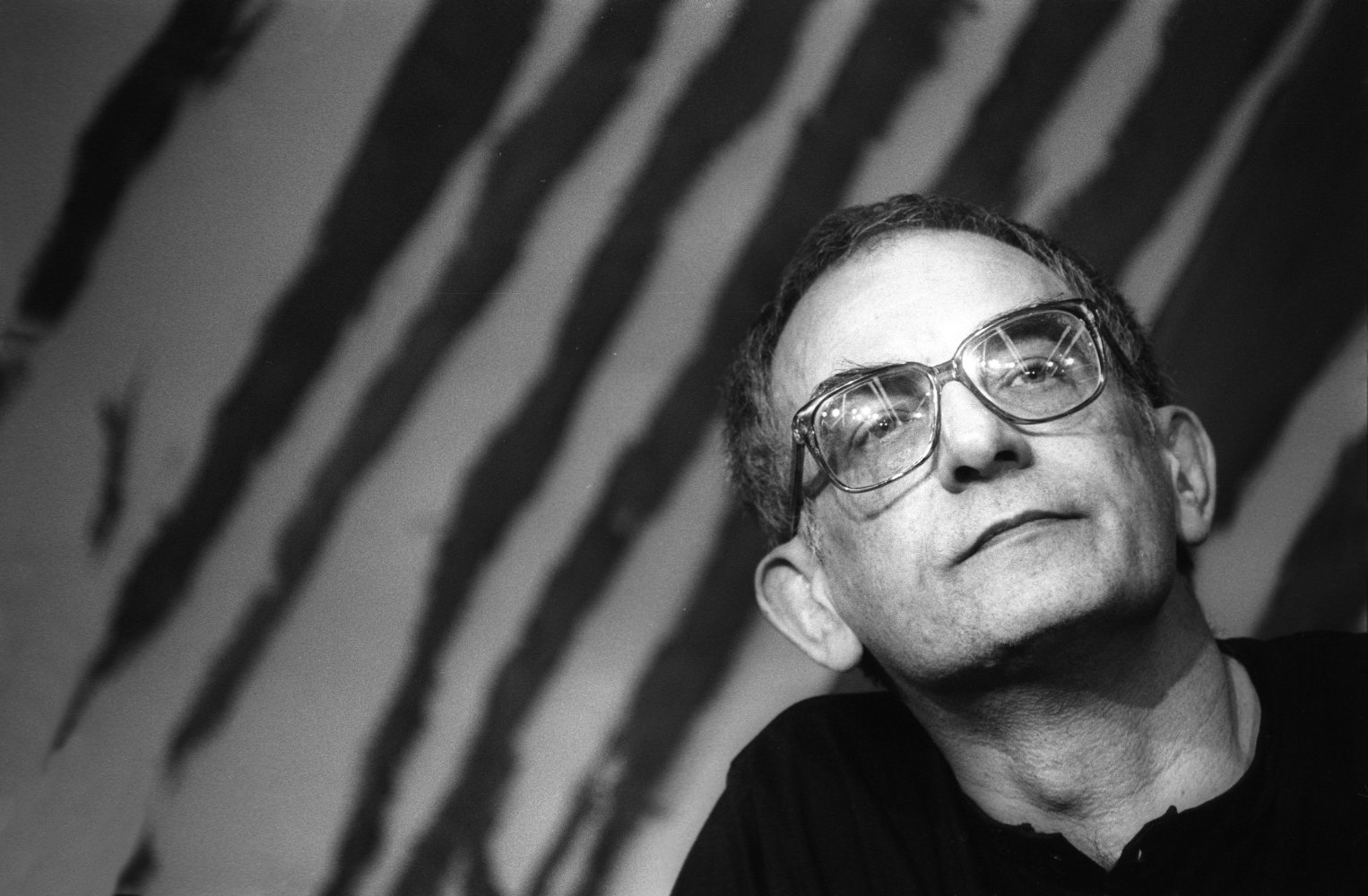
I was happy when I got in to film school. I'd simply satisfied my ambition to show them that I could Show more
I was happy when I got in to film school. I'd simply satisfied my ambition to show them that I could get in - nothing else - although I do believe they shouldn't have accepted me. I was a complete idiot. I can't understand why they took me. Probably because I'd tried three times Hide
[on Ingmar Bergman]: I can identify with what Bergman says about life, about what he says about love Show more
[on Ingmar Bergman]: I can identify with what Bergman says about life, about what he says about love. I identify more or less with his attitude towards the world... towards men and women and what we do in everyday life... forgetting about what is most important. Hide
[on Trois couleurs: Blanc (1994)] Warsaw is my city. One of the themes of the film is what's good ab Show more
[on Trois couleurs: Blanc (1994)] Warsaw is my city. One of the themes of the film is what's good about Warsaw - there's an impatience, an aggressive desire to become rich, to win at all costs, to obtain material possessions. Warsaw is where you can see this most clearly. There it's like a whirlwind. The air buzzes and people buzz with these desires. Hide
[on entrance exams at the Lodz Film School] They asked various things during the exams. For example, Show more
[on entrance exams at the Lodz Film School] They asked various things during the exams. For example, How does a toilet-flush work? How does electricity work? Do you remember the first take of a film by Orson Welles? Or, Do you remember the final sentence of Crime and Punishment? Why do you have to water flowers? They asked all sorts of things. They tried to work out your intelligence, your association of ideas, because they were trying to see if you could describe things. It's very easy in a film to show a toilet flushing, but, in actual fact, it's quite difficult to explain it. Try to describe how a toilet-flush works in whatever language - it's not that easy. You can gesticulate but the point is to explain why water collects, why, when you press a button, something happens which makes all the water flush and then just the right amount of water collects for you to be able to flush again next time. Well, you simply had to be able to describe it all. With the help of questions like that, they examined your narrative skills, your skills of concentration, and your intelligence, too. Hide
I like chance meetings - life is full of them. Every day, without realising it, I pass people whom I Show more
I like chance meetings - life is full of them. Every day, without realising it, I pass people whom I should know. At this moment, in this café, we're sitting next to strangers. Everyone will get up, leave, and go on their own way. And they'll never meet again. And if they do, they won't realise that it's not for the first time. Hide
If I have a goal, then it is to escape from this literalism. I'll never achieve it; in the same way Show more
If I have a goal, then it is to escape from this literalism. I'll never achieve it; in the same way that I'll never manage to describe what really dwells within my character, although I keep on trying. Hide
[on Andrei Tarkovsky]: Andrey Tarkovsky was one of the greatest directors of recent years. He's dead Show more
[on Andrei Tarkovsky]: Andrey Tarkovsky was one of the greatest directors of recent years. He's dead, like most of them. That is, most of them are dead or have stopped making films. Or else, somewhere along the way they've irretrievably lost something, some individual sort of imagination, intelligence, or way of narrating a story. Tarkovsky was certainly one of those who hadn't lost this. Hide
[on his retirement from filmmaking] From time to time one ought to look objectively at life. When yo Show more
[on his retirement from filmmaking] From time to time one ought to look objectively at life. When you achieve something, you don't actually realize you've achieved anything. It's only afterwards when you've lost it that you realize you've lost it. Hide
[on film school] The whole idea of the school is to enable you to watch films and to talk about them Show more
[on film school] The whole idea of the school is to enable you to watch films and to talk about them, nothing else. You have to watch films, and because you're watching them and making them, you're always talking about them. It doesn't matter whether you talk about them during history lectures, or lectures on aesthetics or even if you talk about them during English classes. It's all the same. What is important is that the subject is always present. That you're always talking about it, analyzing, discussing, comparing. Hide
I never really think where I put the camera. It comes naturally to me. I don't analyze and I don't c Show more
I never really think where I put the camera. It comes naturally to me. I don't analyze and I don't contrive. If you haven't got your own compass within yourself which clearly points you in a certain direction then you won't find it. And it doesn't depend on any film school or anything you might learn in a film school. Hide
Different people in different parts of the world can be thinking the same thoughts at the same time. Show more
Different people in different parts of the world can be thinking the same thoughts at the same time. It's an obsession of mine, that different people, in different places, are thinking the same thing, but for different reasons. I try to make films which connect people. Hide
Classes at the Lodz Film School are much like those at any other film school. You learn the history Show more
Classes at the Lodz Film School are much like those at any other film school. You learn the history of films, the history of aesthetics, photography, how to work with actors. You learn everything, one step at a time. Of course, you can't learn any of these things from theory alone, apart from the history. You simply have to experience them for yourself. There's no other way. Hide
Everyone has some kind of compass inside them. A clock that is closely connected with their instinct Show more
Everyone has some kind of compass inside them. A clock that is closely connected with their instinct - not so much with their head. This clock tells every single person what is allowed and what is not allowed. When we should stop and when we can go on. We have to listen to it unconditionally. If you betray it, you betray yourself. Hide
What do I want? Calmness. You can only aspire to it. The path is interesting. Who am I? A retired fi Show more
What do I want? Calmness. You can only aspire to it. The path is interesting. Who am I? A retired film director. That's the truth now. Hide
Nor do I think that there's anything wrong in stealing. If somebody's gone that way before and it's Show more
Nor do I think that there's anything wrong in stealing. If somebody's gone that way before and it's proved to be good, then you have to steal it immediately. If I steal from good films, and if this later becomes part of my own world, then I steal without qualms. This often happens completely without my being aware of it, but that doesn't mean that I don't do it - it did happen but it wasn't calculated, or premeditated. It's not straight plagiarism. To put it another way, films are simply part of our lives. We get up in the morning, we go to work or we don't got to work. We go to sleep. We make love. We hate. We watch films. We talk to our friends, to our families. We experience our children's problems or the problems of our children's friends. And the films are there somewhere, too. They also stay somewhere within us. They become part of our own lives, of our own inner selves. They stay with us just as much as all those things which really happened. I don't think they're any different from real events, apart from the fact that they're invented. But that doesn't matter. They stay with us. I steal takes from films, scenes, or solutions, just as I steal stories and afterwards I can't even remember where I stole them from. Hide
Krzysztof Kieslowski's FILMOGRAPHY
as Director (2)
as Creator (2)














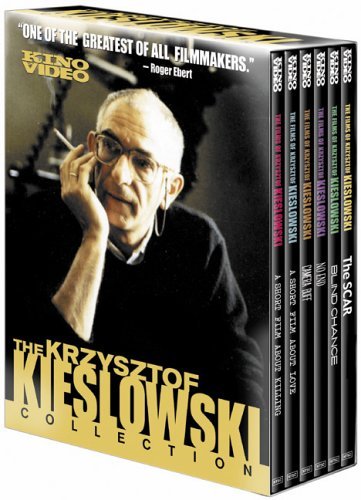
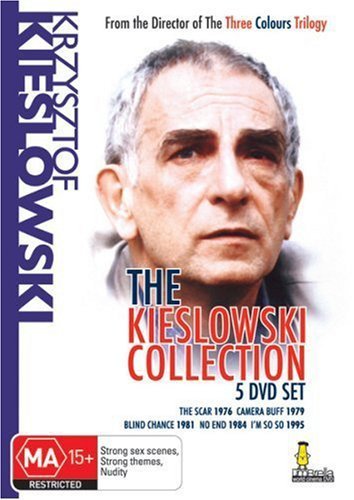
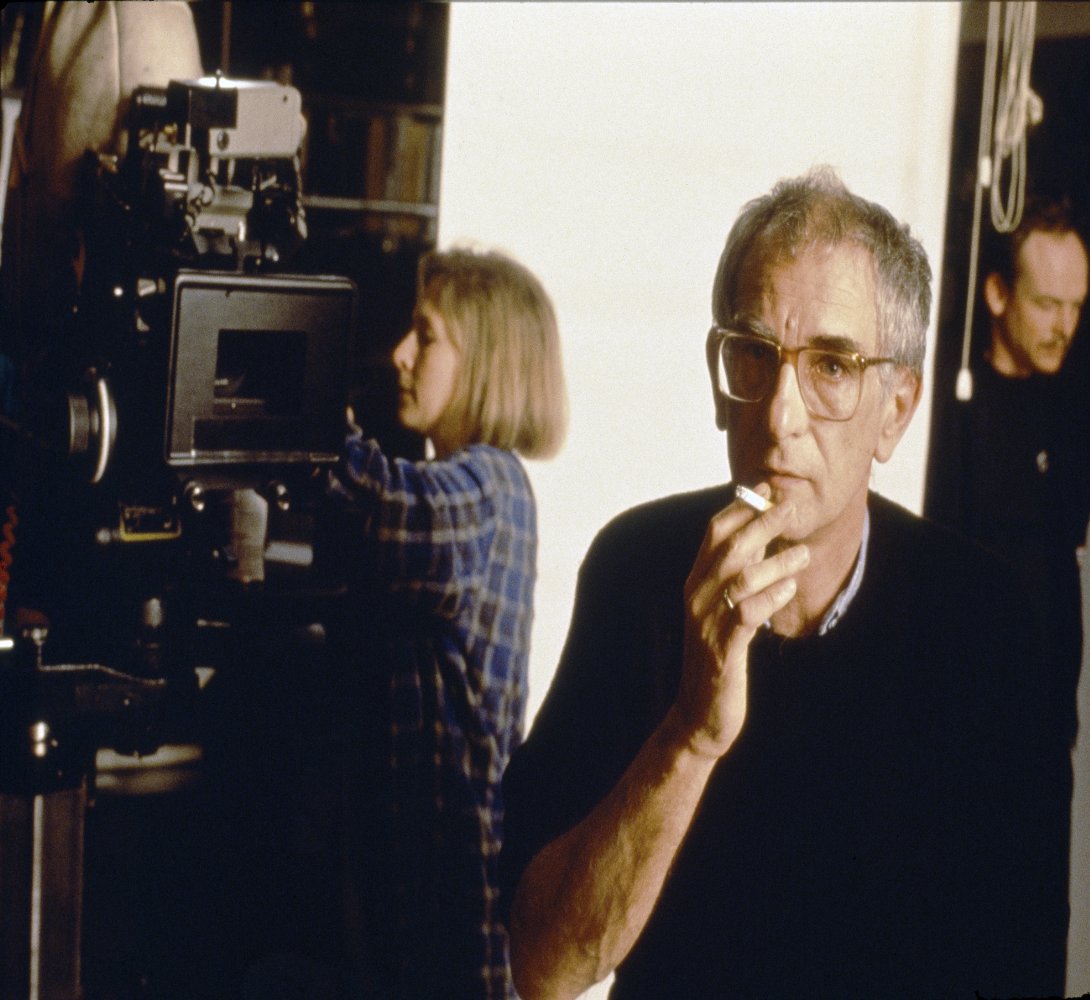
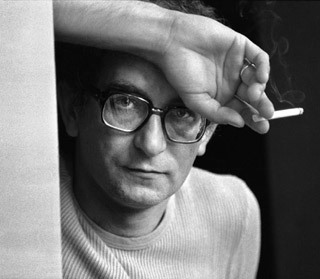
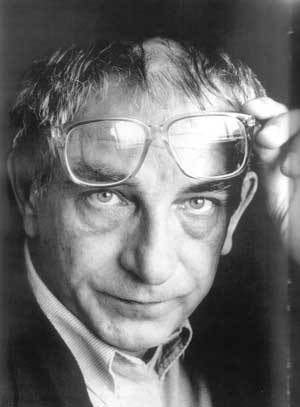
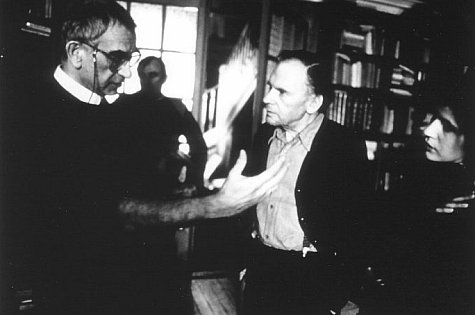

![The Double Life of Veronique [Audio: Polish]](https://static.new-fmovies.cam/img/movies/CuPqmzMXhewGWminrVfp1zdS6cPeeuL-1i4yIdWCRygJQTtw2cIL8uqPfje16XJPvKK8eucQ2PQvCk6Swj5jfxMFdKi6cB4GW7hkHoNiaPY.jpg)
